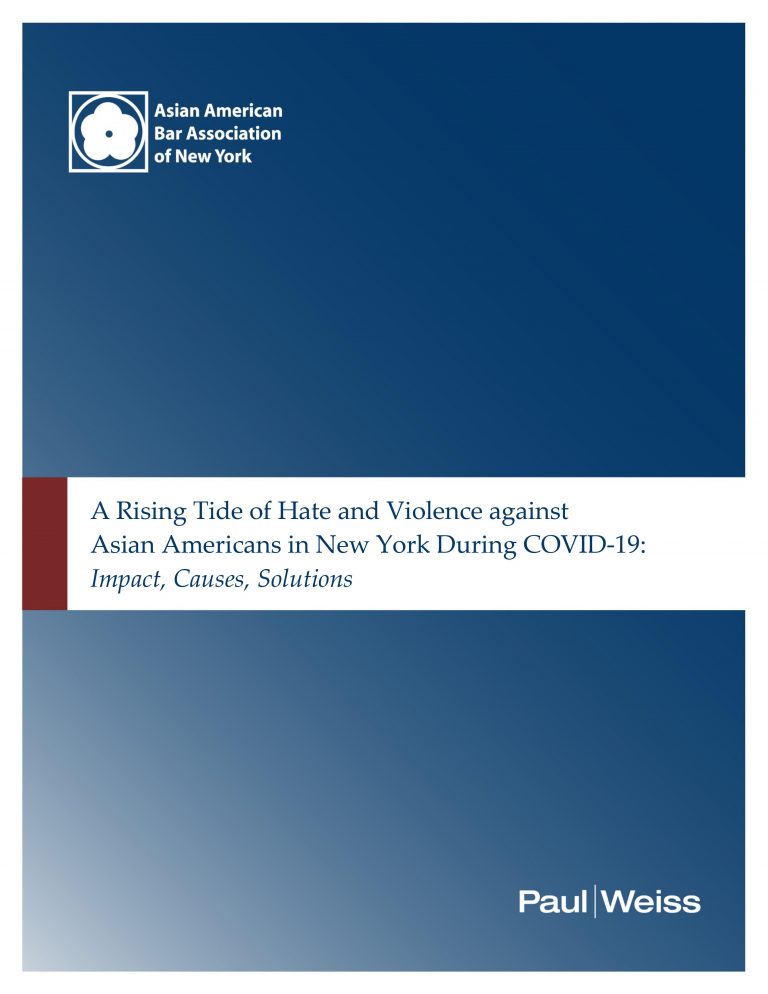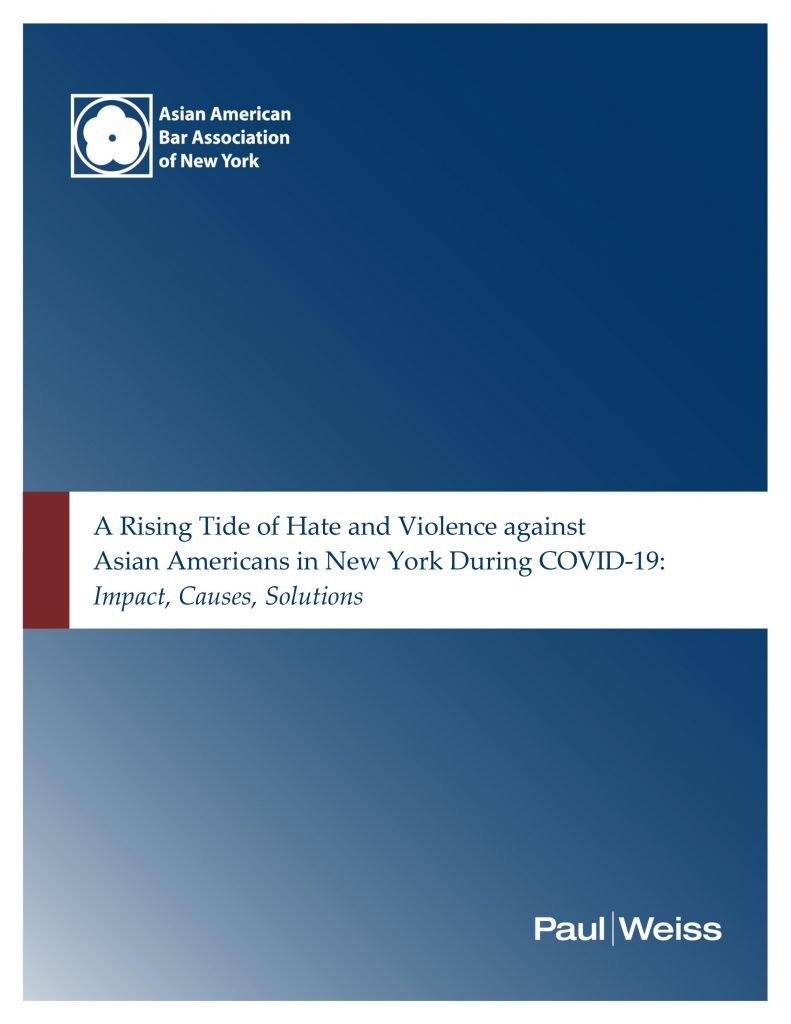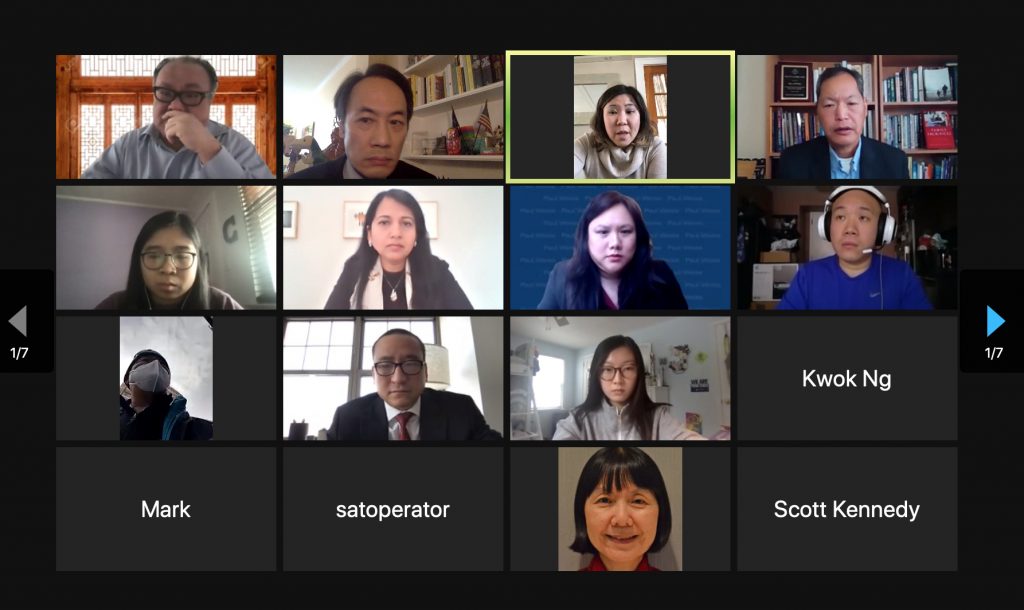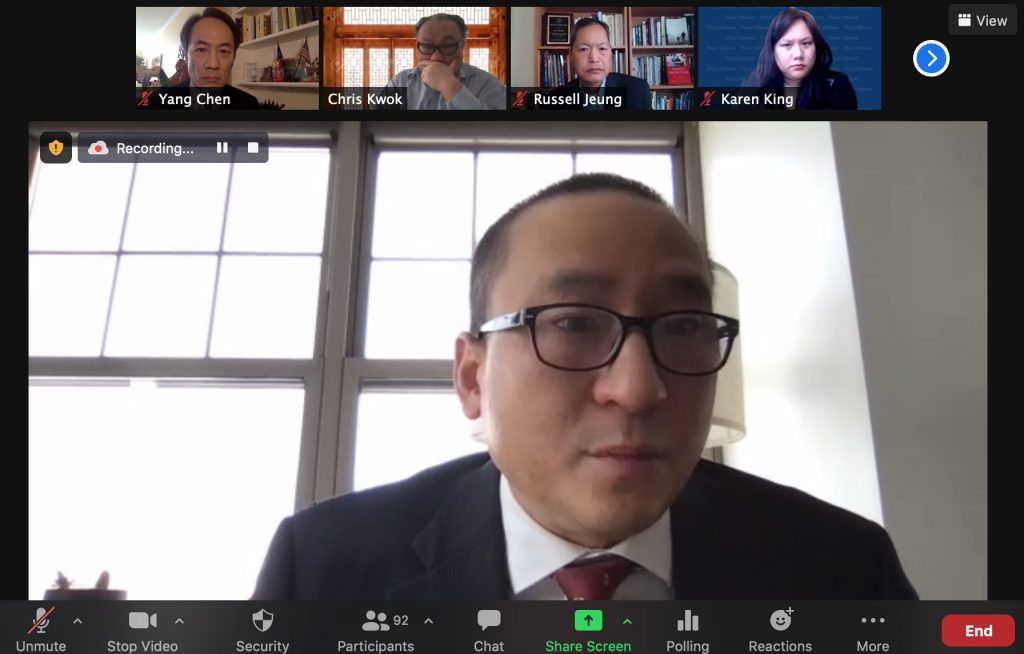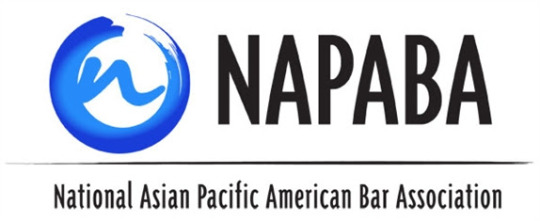AABANY and Paul, Weiss’ report, A Rising Tide of Hate and Violence against Asian Americans in New York During COVID-19: Impact, Causes, Solutions, has continued garnering widespread press attention in print and on air following its release on February 11. There has been an increase in news outlets summarizing and citing the report’s findings since our previous account, including not just across the United States but Asia and Europe as well.
Here are some news stories about recent incidents of anti-Asian violence, where they mention AABANY’s report:
“Asian Americans face increased hate crimes amid COVID-19 pandemic” By Megan Schellong, February 19, 2021, WLNS, https://www.wlns.com/news/asian-americans-face-increased-hate-crimes-amid-covid-19-pandemic/
“Violence contre les asiatiques aux USA : Nancy Pelosi s’insurge” By Rodrigue Gozoa, February 19, 2021, La Nouvelle Tribune, https://lanouvelletribune.info/2021/02/violence-contre-les-asiatiques-aux-usa-nancy-pelosi-sinsurge/?cn-reloaded=1
“House Dems renew call for hate crime law after anti-Asian attacks” By Michael Macagnone, February 19, 2021, Roll Call, https://www.rollcall.com/2021/02/19/house-dems-renew-call-for-hate-crime-law-after-anti-asian-attacks/
“Olivia Munn laments spiking hate crimes against Asian Americans as friend’s mother is attacked” By Clémence Michallon, February 19, 2021, The Independent, https://www.independent.co.uk/arts-entertainment/films/news/olivia-munn-man-shove-asian-woman-new-york-b1804739.html
“Asian Americans Express Alarm Over Recent Acts of Violence And Demand Action” By Arun Venugopal, February 20, 2021, Gothamist, https://gothamist.com/news/asian-americans-express-alarm-over-recent-acts-violence-and-demand-action
“Civil rights advocates, officials denounce recent violence against Asian New Yorkers” By News 12 Staff, February 21, 2021, News 12 The Bronx, https://bronx.news12.com/civil-rights-advocates-officials-denounce-recent-violence-against-asian-new-yorkers
“COLUMN: Policing is not an appropriate response to the increase in hate crimes against Asian Americans” By Ellie Lin, February 21, 2021, The Maneater, https://themaneater.com/stories/opinion/column-policing-is-not-an-appropriate-response-to-the-increase-in-hate-crimes-against-asian-americans-
“Xenofobia. La caccia all’«untore» asiatico adesso spaventa San Francisco” By Mariangela Mistretta, February 21, 2021, Avvenire, https://www.avvenire.it/mondo/pagine/la-caccia-alluntore-asiatico-adesso-spaventa-san-francisco
“新冠疫情掀仇恨!美屢傳攻擊亞裔族群事件 犯罪激增8倍” February 22, 2021, Yahoo!, https://tw.news.yahoo.com/%E6%96%B0%E5%86%A0%E7%96%AB%E6%83%85%E6%8E%80%E4%BB%87%E6%81%A8%E7%BE%8E%E5%B1%A2%E5%82%B3%E6%94%BB%E6%93%8A%E4%BA%9E%E8%A3%94%E6%97%8F%E7%BE%A4%E4%BA%8B%E4%BB%B6-%E7%8A%AF%E7%BD%AA%E6%BF%80%E5%A2%9E-8-%E5%80%8D-034544295.html
“It takes all of us to fight racial violence against Asian Americans” By Yahaira Galvez, February 23, 2021, The Diamondback, https://dbknews.com/2021/02/23/asian-american-racial-violence-coronavirus-aapi/
“Local View: Don’t brush off COVID-fueled anti-Asian hate” By Betty Casazza, Belissa Ho, Laura Judd, Julie Kim, Sharon Kwong, Jennifer Lien, Pakou Ly, and Sharon Yung, February 23, 2021, Duluth News Tribune, https://www.duluthnewstribune.com/opinion/columns/6899246-Local-View-Dont-brush-off-COVID-fueled-anti-Asian-hate
“METROFOCUS: February 23, 2021” https://www.thirteen.org/metrofocus/2021/02/metrofocus-february-23-2021-7x8abz/
“Fil-Ams advised to be very cautious as anti-Asian hate crimes in US spike” By CNN Philippines Staff, February 26, 2021, CNN Philippines, https://cnnphilippines.com/world/2021/2/26/anti-Asian-hate-crimes-US-PH-embassy-cautions-Filipinos.html
“Attacks on Asian-Americans in New York Stoke Fear, Anxiety and Anger” By Alexandra E. Petri and Daniel E. Slotnik, February 26, 2021, The New York Times, https://www.nytimes.com/2021/02/26/nyregion/asian-hate-crimes-attacks-ny.html?action=click&module=Top%20Stories&pgtype=Homepage
“Brooklyn Man Charged With Hate Crime In Alleged Stabbing Of Asian Man In Lower Manhattan” By Jake Offenhartz, February 26, 2021, Gothamist, https://gothamist.com/news/brooklyn-man-charged-hate-crime-alleged-stabbing-asian-man-lower-manhattan
“Demonstrators, Elected Officials Rally After Surge In Anti-Asian Hate And Violence” By Arun Venugopal, February 27, 2021, Gothamist, https://gothamist.com/news/demonstrators-elected-officials-rally-after-surge-anti-asian-hate-and-violence
“环球深观察丨系统性种族歧视“系列剧”仍在美国上演” By 李鹏, February 27, 2021, Yznews.com.cn, http://news.yznews.com.cn/2021-02/27/content_7241226.htm
“疫情下美國歧視亞裔案急增 針對長者屢見不鮮 辱罵至毆打樣樣來” By 歐敬洛, February 28, 2021, 香港01, https://www.hk01.com/%E5%8D%B3%E6%99%82%E5%9C%8B%E9%9A%9B/592980/%E7%96%AB%E6%83%85%E4%B8%8B%E7%BE%8E%E5%9C%8B%E6%AD%A7%E8%A6%96%E4%BA%9E%E8%A3%94%E6%A1%88%E6%80%A5%E5%A2%9E-%E9%87%9D%E5%B0%8D%E9%95%B7%E8%80%85%E5%B1%A2%E8%A6%8B%E4%B8%8D%E9%AE%AE-%E8%BE%B1%E7%BD%B5%E8%87%B3%E6%AF%86%E6%89%93%E6%A8%A3%E6%A8%A3%E4%BE%86
“Hundreds in New York rally against anti-Asian hate” By Xinhua, March 1, 2021, Global Times, https://www.globaltimes.cn/page/202103/1216832.shtml
If you have come across a news report or article about our report that is not listed above, please let us know at main@aabany.org.
More public awareness about our report and the rise in anti-Asian violence is needed. Please share our report widely. If you have ideas or thoughts about how we can combat anti-Asian violence, please share them with us at main@aabany.org.


